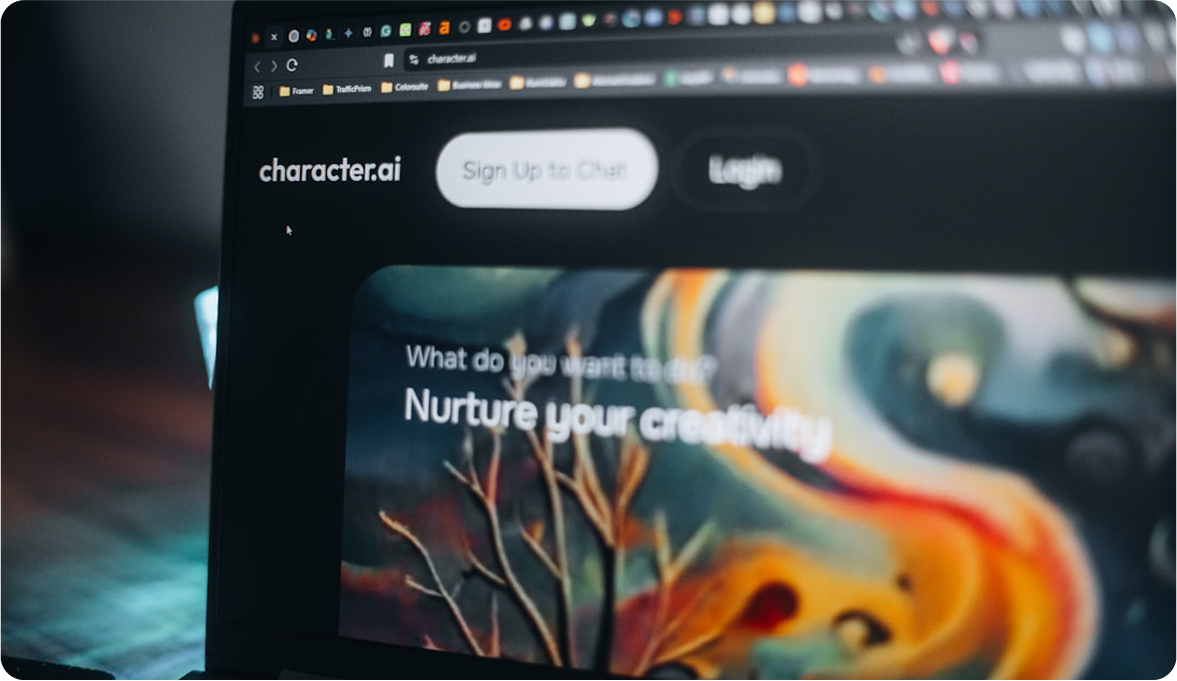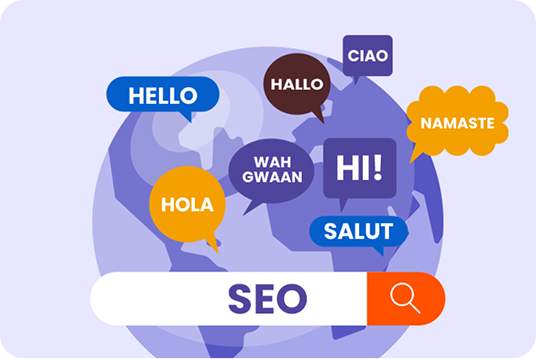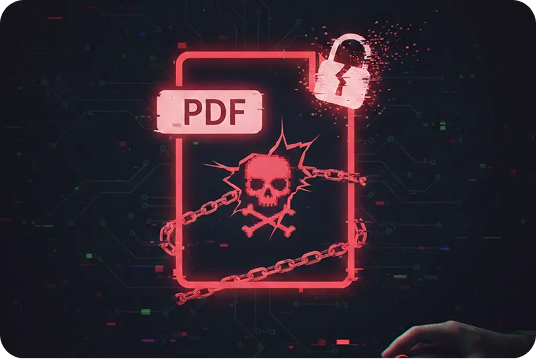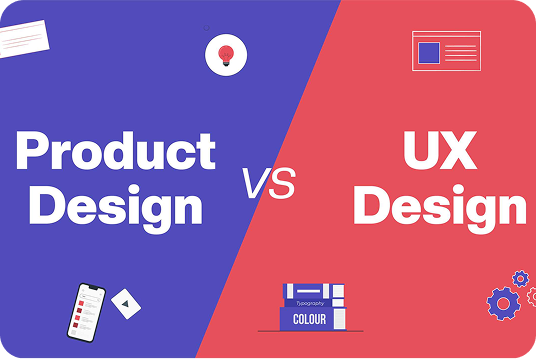How AI is Reshaping SEO: What Marketers Need to Know in 2025
.

Introduction to AI in SEO
In 2025, AI in SEO isn’t just a trend—it’s the new standard. Artificial intelligence has rapidly transformed how search engine optimization works. From understanding user intent to optimizing technical elements in real-time, AI is redefining the rules of engagement for digital marketers.
Search engines have evolved dramatically. Today, Google’s algorithms are powered by advanced AI models that don’t just parse keywords—they understand context, semantics, and even visual cues. As a result, marketers have had to adjust their strategies to stay visible in a competitive landscape that now demands smarter content, faster optimization, and more personalized experiences.
What’s really happening here? AI is enabling search engines to think more like humans. It’s no longer just about backlinks and meta tags. Instead, the focus has shifted toward intent, value, and user satisfaction—all of which AI can analyze at scale.
For marketers, this means embracing tools and strategies driven by artificial intelligence in marketing, using AI SEO tools that offer deep insights and recommendations. Whether you’re managing a blog, an ecommerce platform, or a full-scale enterprise site, AI is shaping the way you create, optimize, and rank content online.
The Growing Influence of AI on Search Engines
Search engines today are smarter than ever before, thanks to AI. They now use machine learning to deliver highly relevant results, understand complex queries, and even analyze user satisfaction based on engagement signals.
Let’s take Google, for example. Algorithms like RankBrain, BERT, and the newly introduced Gemini are all powered by artificial intelligence. These systems allow the search engine to process natural language, detect sentiment, and adjust rankings in real-time based on user behavior.
So, how is AI changing SEO?
- Search intent is everything – Search engines now prioritize results that align closely with what the user is actually trying to find, not just the words they typed.
- Semantic SEO matters – It’s about context now, not just keywords. AI understands related terms, synonyms, and topical relevance.
- Visual and voice search – With multimodal AI, search engines can interpret images and voice queries more accurately than ever.
AI also helps search engines evaluate content quality. Thin, keyword-stuffed pages? They’re going nowhere. Instead, content needs to be informative, well-structured, and aligned with E-E-A-T principles (Experience, Expertise, Authoritativeness, Trustworthiness).
The future of SEO with AI is clear: content that delivers real value, fast-loading pages, and a focus on user-centric experience will dominate the SERPs.
AI-Powered SEO Tools Revolutionizing the Industry
The rise of AI SEO tools has completely transformed how marketers approach SEO. These tools are more than just helpers—they’re intelligent systems capable of handling everything from keyword research to competitor analysis to real-time optimization.
Here are some of the most powerful tools in 2025:
- Surfer SEO – Offers AI-driven content optimization based on SERP data.
- Jasper – Generates human-like content using advanced NLP.
- MarketMuse – Identifies content gaps and helps build topical authority.
- Frase – Creates AI-powered briefs and analyzes competitor content.
- Clearscope – Enhances on-page SEO with readability and keyword insights.
These tools analyze millions of data points and provide actionable recommendations instantly. They can:
- Suggest relevant keywords based on user intent
- Analyze top-ranking pages for content gaps
- Provide semantic keyword clusters
- Optimize title tags, headers, and meta descriptions
- Automate internal linking and schema generation
The best part? They keep learning. As AI evolves, so do these tools—making them essential for any marketer serious about staying competitive.
If you’re wondering how to get started with AI for digital marketing, investing in a few of these platforms is your best bet. They’ll save time, boost content performance, and keep your strategy aligned with the latest algorithm changes.
How AI is Changing SEO Practices
Forget everything you knew about old-school SEO tactics. In 2025, SEO is driven by intent, context, and quality—and AI is at the heart of this transformation.
From Keywords to Intent
In the past, ranking was about stuffing keywords into content. Today, thanks to AI, it’s about answering questions and solving problems. AI understands not just what users type, but why they’re searching. That means your content needs to reflect intent-based strategy rather than keyword density.
For example:
- A query like “best budget laptops” signals transactional intent.
- “How to fix a slow laptop” is informational intent.
AI tools help tailor your content accordingly, ensuring it aligns with what users actually want to find.
Predictive SEO and Automation
AI also allows marketers to predict future trends. By analyzing patterns in user behavior and search data, AI can forecast what topics will gain traction—helping you create future-proof content.
Automation is another huge win. Tasks like:
- Technical audits
- Link building
- Content briefs
- Performance tracking
can all be handled (or at least enhanced) by AI.
Smarter Link Building
With AI, link building has become more strategic. AI systems can analyze backlink profiles, identify authority sites in your niche, and suggest outreach strategies based on engagement likelihood.
The result? Higher quality links and better SEO outcomes.
The Future of Content Creation with AI
Content creation is where artificial intelligence in marketing really shines. In 2025, tools powered by NLP (Natural Language Processing) and ML (Machine Learning) are capable of generating content that’s not only readable but engaging and informative.
Let’s be clear: AI doesn’t replace creativity—it enhances it.
You still need a human touch for storytelling, emotional appeal, and authenticity. But AI can:
- Draft outlines based on high-ranking content
- Generate entire articles optimized for readability and SEO
- Suggest tone adjustments for different audiences
- Detect and improve weak areas in your content
Even better, AI can generate multimedia content—from image captions to video scripts—all tailored for SEO.
Semantic SEO is another frontier. AI understands how to structure content around topic clusters, helping you build authority in a niche. This includes:
- Internal linking strategies
- Using LSI (Latent Semantic Indexing) keywords
- Mapping content to the buyer journey
This future-forward approach not only improves rankings but also enhances user trust.
Personalization and User Experience in AI-Driven SEO
In the ever-evolving world of SEO, user experience (UX) has taken center stage—and AI is the driving force behind this shift. As algorithms get smarter, personalization is no longer optional. It’s essential. AI enables search engines and websites to tailor experiences to individual users based on their behavior, preferences, and past interactions. That means the content, layout, and even the offers someone sees can change depending on who they are and what they want.
AI Enhances Personalization at Scale
Gone are the days of generic content. With AI in SEO, personalization happens in real-time:
- Dynamic content delivery – AI tailors website content based on user demographics, search history, and behavior.
- Location and device targeting – AI understands user contexts and adjusts layouts or content accordingly.
- Predictive recommendations – AI can suggest relevant products, articles, or services before users even search for them.
This level of personalization boosts engagement, reduces bounce rates, and increases conversion rates—key factors that search engines like Google take into account when ranking content.
Improved UX Through AI
AI is also helping webmasters improve the technical aspects of UX, which directly impacts SEO. Here’s how:
- Faster load times – AI can optimize image sizes, compress scripts, and enhance mobile responsiveness.
- Content accessibility – AI tools can identify gaps in readability, structure, and navigation.
- Engagement tracking – AI-powered analytics measure time on page, scroll depth, and click behavior to understand what’s working and what’s not.
AI doesn’t just optimize for bots anymore—it optimizes for humans. That’s what makes it so powerful in the realm of digital marketing.
When you combine AI for marketing with a focus on user satisfaction, you’re not just improving SEO—you’re building long-term customer relationships. And in 2025, that’s more valuable than ever.
The Role of Human SEO Experts in an AI World
With AI doing so much heavy lifting, where does that leave human SEO professionals? The answer is simple: in the driver’s seat.
AI can analyze data, generate insights, and even write content—but it lacks the creativity, empathy, and strategic vision that humans bring to the table. Marketers who learn how to collaborate with AI rather than fear it will gain a serious edge.
What Humans Do Best
Here’s where human SEO pros still reign supreme:
- Creative strategy – AI can suggest topics, but only humans can craft a compelling narrative.
- Brand voice – AI mimics tone, but only you know your audience’s language intimately.
- Complex decision-making – AI can crunch numbers, but strategic decisions require human oversight.
- Relationship building – Outreach, PR, and collaboration still rely heavily on human interaction.
Skills to Stay Relevant in 2025
To thrive alongside AI, marketers need to adapt. Key skills include:
- AI literacy – Understand how AI tools work and what they can (and can’t) do.
- Data interpretation – Learn how to draw meaningful insights from AI-generated reports.
- Content strategy – Focus on content that builds trust and authority.
- Technical SEO fundamentals – AI helps, but knowing the basics is still critical.
Rather than being replaced, SEO professionals are becoming AI-enhanced—faster, more efficient, and better equipped to deliver results.
The future of SEO is not AI vs. humans—it’s AI with humans. And together, they’re creating a smarter, more powerful digital marketing ecosystem.
FAQs
1. What are the best AI SEO tools for beginners?
If you’re just starting out, try tools like Frase, Jasper, and Surfer SEO. They’re user-friendly, offer guided optimizations, and provide clear instructions on how to improve your content for better rankings.
2. Can AI replace human SEO professionals?
No—AI enhances SEO work but can’t replace human creativity, strategy, or empathy. Marketers still play a critical role in interpreting data, crafting brand messaging, and making strategic decisions.
3. How does AI affect search rankings?
AI influences search rankings by helping search engines better understand user intent, content relevance, and user experience. High-quality, AI-optimized content that satisfies user needs tends to rank higher.
4. Is AI-generated content good for SEO?
Yes—if used properly. AI-generated content should be edited, fact-checked, and tailored to your audience. When combined with human oversight, it can significantly boost SEO performance.
5. What’s next for SEO with AI in 2025?
Expect even more hyper-personalized search experiences, voice search optimization, and AI-powered predictive SEO. Marketers who adapt early and stay current will maintain a strong competitive advantage.
Conclusion
The SEO landscape in 2025 is being reshaped by the incredible power of AI. From how search engines rank content to the tools we use to create and optimize it, artificial intelligence in marketing is transforming every aspect of digital strategy.
By embracing AI, marketers can unlock new levels of efficiency, insight, and personalization. But success still depends on the human touch—understanding your audience, crafting compelling stories, and using technology not as a crutch, but as a co-pilot.
This is the future of SEO: smart, adaptive, and human-centered—powered by AI, guided by strategy.
Related Services
You may also read
In 2026, AI in UI UX design is no longer experimental. It is practical, integrated, and reshaping how digital products...

How to Build an SEO Content Brief That Writers (and Google) Love In today’s competitive digital landscape, every successful content...

We all know the dance. You’re standing at the checkout counter, bags packed, line forming behind you. You reach into...

Expanding your website to serve multiple countries or languages is exciting, but it also introduces one of the most common...

It starts with a gentle buzz on your wrist. A little dopamine hit. You’ve done it. You’ve closed your rings,...

If your website has low domain authority, SEO can feel frustrating fast. You do “everything right”, publish content, optimize pages,...

The Invisible Threat It’s 2:15 PM on a Tuesday. You are wading through a swamp of unread emails, operating on...

If you have ever looked at a job board or tried to hire for a creative team, you have probably...

Online shopping has never been easier—but it has also never been riskier. As e-commerce continues to grow, fake online stores...

Introduction When we talk about digital products, design is not only about colors, shapes, or images. Good design is also...


